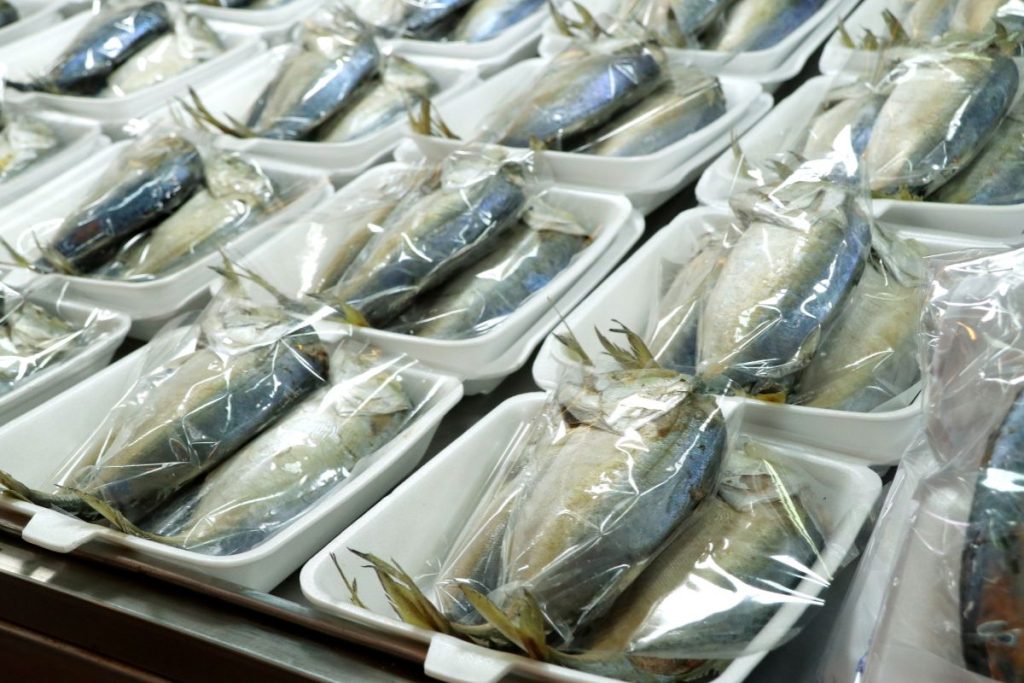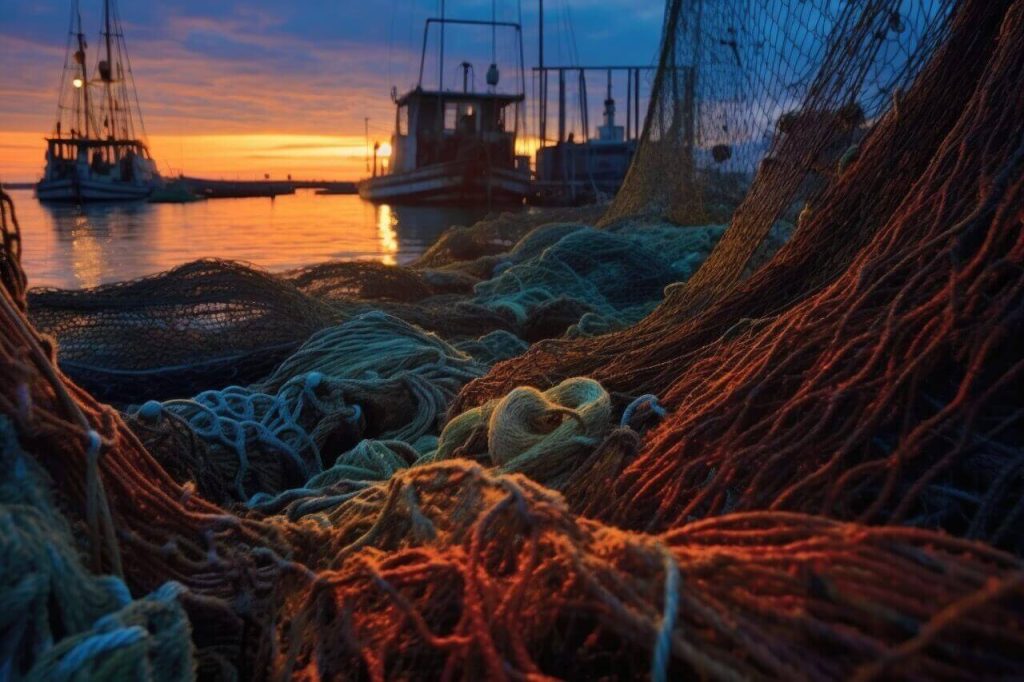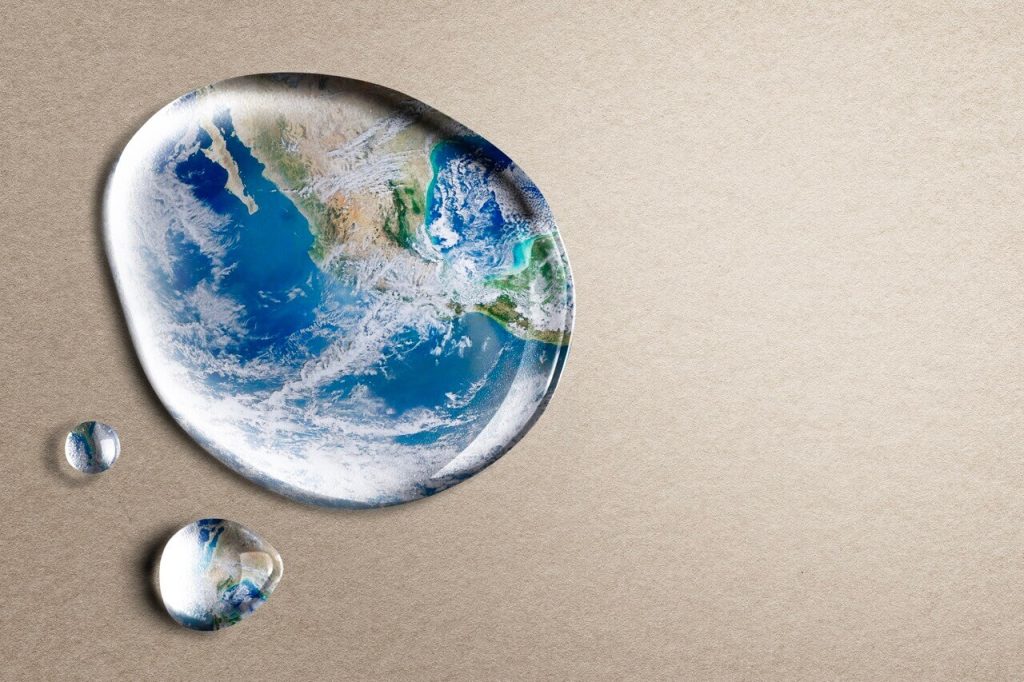In an attempt to address the growing environmental concern, the debate surrounding the impact of non-reusable plastic packaging has led to the implementation of stricter measures. One example is the plastic packaging tax, an initiative aimed at curbing pollution and promoting sustainability.
In this context, the fishing industry faces significant challenges due to the new regulation. In this article, we delve into what the non-reusable plastic packaging tax entails and how it directly impacts the fishing industry.
Plastic Tax: What does it involve?
The special tax on non-reusable plastic packaging, effective as of January 1, 2023, under the Law 7/2022, April 8, on waste and contaminated lands for a circular economy, aims to reduce the use and production of non-reusable plastic packaging. It also promotes more sustainable practices in waste management within the United States.
This measure involves imposing an economic levy on the manufacturing, importation, or sale of products utilizing non-recyclable or single-use plastic packaging. The applicable tax rate is $0.45 per kilogram of non-recycled plastic. The objective is to incentivize businesses to adopt more eco-friendly alternatives such as recyclable, reusable, or biodegradable packaging materials.
Also, the revenue generated from this tax may be allocated to waste management programs, environmental awareness campaigns, or initiatives promoting research and development of sustainable alternatives. Within the context of combating plastic pollution, plastic taxes serve as a tool utilized by many governments to address the adverse impacts of excessive plastic use on the environment. They simultaneously encourage more responsible practices from both industries and consumers.
To which sectors does the new plastic tax affect the most?
The new plastic levy impacts various sectors. Here’s a rundown of the most affected ones:
- Companies producing non-reusable plastic packaging will face increased costs due to the tax, potentially impacting their profitability.
- The food and beverage industry heavily relies on plastic packaging, potentially experiencing direct increases in production costs.
- The fishing and seafood industry, utilizing non-reusable plastic packaging in product marketing, may also face rising costs.
- Retailers selling products in plastic packaging might witness price hikes, affecting consumer demand.
- Pharmaceutical and cosmetic companies using plastic packaging in their products will also be impacted.
On the flip side, it’s worth noting that the plastic tax could benefit sectors dedicated to recycling and producing sustainable alternatives like biodegradable or reusable packaging.
Plastic Tax and the Fishing Sector
The plastic tax’s impact on the fishing sector could be significant, as this industry frequently uses plastic packaging for sea product packaging and transportation. Here are the key challenges faced by the fishing industry due to the new regulation:
- Increased operational costs: If the fishing industry uses non-reusable plastic packaging, the tax could escalate operational expenses, impacting profitability.
- Supply chain alterations: Fishing companies might need to adjust their supply chains to incorporate new packaging types, collaborating with alternative packaging suppliers and modifying logistical processes.
- Competitiveness repercussions: Depending on the tax’s magnitude, fishing companies in a country might encounter competitive challenges compared to regions without similar taxes, affecting global industry competitiveness.
- Need for adaptation and innovation: The imposition of the plastic tax might urge the fishing industry to seek more sustainable alternatives like reusable, recyclable, or biodegradable packaging. This transition might necessitate initial investments but could be beneficial in the long term for the environment and the industry’s image.
Ultimately, the plastic tax could significantly impact the fishing industry, yet it presents an opportunity for innovation and adaptation to the demands of today’s sustainability-minded consumers.
At KrustaGroup, we prioritize sustainable practices across our business areas. We understand that companies swiftly embracing environmentally friendly alternatives can mitigate the negative impact of the tax and even benefit from sustainability trends in the long run.





